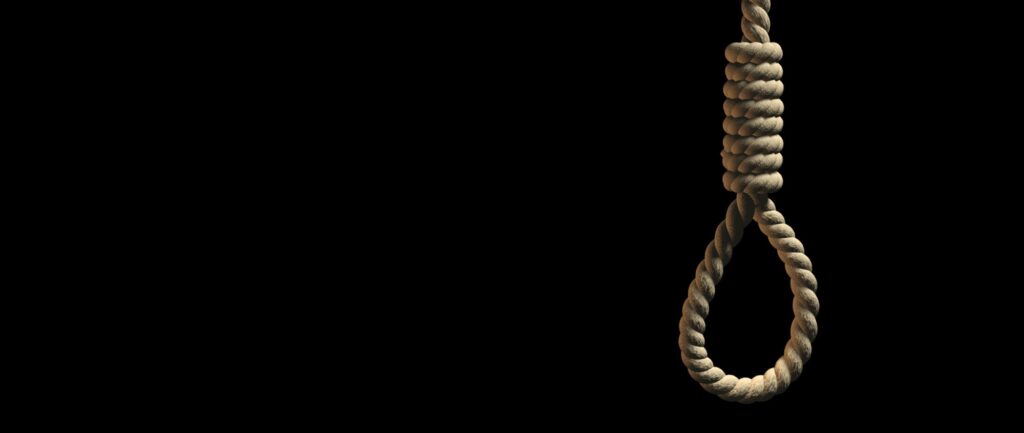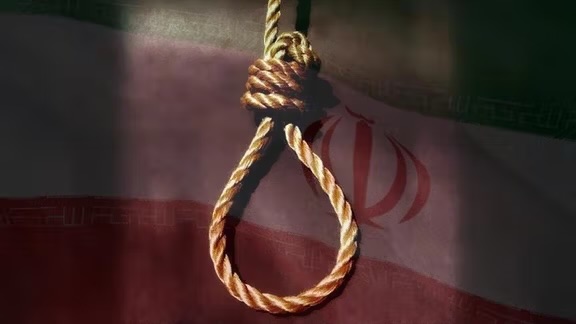
Ahwaz – As the “No to Execution Tuesday” campaign marks its 72nd week, the movement has expanded to include 47 prisons across Iran, with a new group of prisoners in Ahar Prison joining the ongoing hunger strike against the death penalty.
In a statement released on Tuesday, June 10, campaign organizers condemned the Iranian regime’s escalating wave of executions and repression, urging international human rights organizations to take firm action. The statement reaffirmed the campaign’s unwavering opposition to the death penalty on legal, ethical, and humanitarian grounds, citing international law and human dignity.
The statement expressed deep concern over the continued and expanding issuance of death sentences in Iran, demanding an immediate halt to both sentencing and executions. Activists called on people of conscience everywhere to take meaningful action to confront this violent trend and join the “No to Execution” campaign.
“Defending the right to life is a shared, borderless responsibility,” the statement read. “Without removing the noose from Iran’s judicial system, there can be no foundation for freedom, justice, or the end of systemic crimes.”
Coinciding with the campaign’s ongoing efforts, families of political prisoners sentenced to death held a protest outside Evin Prison in Tehran, holding banners bearing “No to Execution” slogans and photos of their loved ones facing execution by Iran’s judiciary. Similar gatherings have taken place in front of Evin and in other cities in recent months.
In a powerful part of their message, campaign organizers pointed out that the regime, facing mounting economic and social crises, has turned increasingly to executions as a tool of repression. “The regime’s brutal response to the public’s demands has been more death sentences,” the statement said.
A notable portion of these executions have occurred in Al-Ahwaz (Khuzestan Province), where Iran’s judicial system disproportionately targets Arab minorities under vague charges like “corruption on earth” and “enmity against God.” Human rights organizations have repeatedly condemned this as part of a broader campaign of ethnic and political suppression.
The campaign also drew attention to the execution of Afghan nationals, who face the death penalty without adequate legal representation or due process.
The prisoners’ hunger strike began on January 29, 2024, demanding an end to the issuing and implementation of death sentences. Now in its 72nd week, inmates from 47 prisons across Iran continue their protest through coordinated fasting.
According to Iran Human Rights Organization, at least 1,020 people have been executed in Iran between October 1, 2024, and June 10, 2025—an average of one execution every six hours. A significant number of these executions, activists report, have taken place in prisons across Al-Ahwaz, where ethnic Arabs continue to face systemic persecution.


